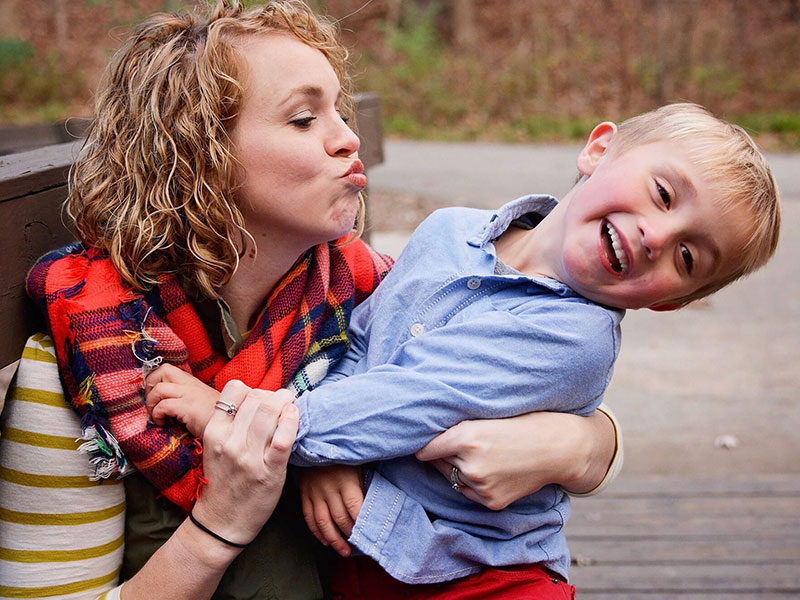In today’s society, single-parent households are becoming more common, and with that rise comes an important question: Do children do better with a single mom or a single dad? Understanding the effects of growing up in a single-parent home is crucial not just for parents, but for educators, policymakers, and anyone involved in the well-being of children.
The circumstances leading to single-parenthood vary—divorce, separation, or the loss of a partner—but no matter the cause, the impact on the child’s development remains a significant area of concern. Whether a child is raised by a single mother or a single father can influence different aspects of their life, including academic success, emotional stability, and social interactions. However, there is no one-size-fits-all answer, as every child and every family situation is unique.

A single-parent household refers to a family in which a child or children are raised by one parent, without the continuous presence of the other parent. According to recent statistics, single-parent households are on the rise globally. In the United States, for instance, 23% of children live with a single parent, a number that is much higher than other developed countries.
Single Moms vs. Single Dads: Who’s More Common?
It’s well-documented that single mothers are far more common than single fathers. In fact, 80% of single-parent households are headed by women. This disparity is often due to traditional gender roles in parenting and court systems that frequently grant custody to mothers over fathers. Single dads, although less common, are growing in number and face their own unique challenges and strengths in raising children.
| Statistic | Single Moms | Single Dads |
|---|---|---|
| Percentage of single-parent families | 80% | 20% |
| Average income (U.S.) | $36,000 | $48,000 |
| Employment rate | 74% | 90% |
Challenges Faced by Single-Parent Families
Single-parent households often face more challenges than dual-parent households. These challenges can include:
- Financial pressure: With only one income source, managing expenses can be difficult, especially for single moms, who statistically earn less than single dads.
- Time constraints: Balancing work, parenting, and personal time can lead to burnout, particularly when a support system is lacking.
- Emotional strain: Children in single-parent homes may experience feelings of abandonment or loss, and the parent may struggle with the emotional weight of raising a child alone.
Despite these challenges, many single parents excel in providing a loving and supportive environment for their children, demonstrating that success in parenting is not about the number of parents but the quality of the relationship.
Key Factors That Influence Child Development in Single-Parent Households
Several factors play a critical role in determining whether children do better with a single mom or a single dad. Let’s explore these key areas in detail:
Emotional Stability of the Parent
The emotional health of a parent significantly impacts a child’s development, regardless of whether the parent is a mother or father. Studies suggest that children raised by emotionally stable single parents tend to perform better in school, exhibit fewer behavioral issues, and develop healthier relationships.
Single Moms
Single moms may face higher levels of stress due to the combination of financial strain and societal pressures. Many studies indicate that single mothers often feel isolated or overwhelmed, particularly if they don’t have a strong support system in place. However, single moms are frequently noted for their ability to foster emotional warmth and connection with their children, which can help mitigate some of the stressors they experience.
Single Dads
Single dads, while typically more financially stable, often face different emotional challenges. Social expectations can sometimes leave them feeling like they are not meeting the same emotional needs that a mother would. However, research shows that single fathers are more likely to encourage independence and problem-solving in their children, which can contribute positively to emotional development.


